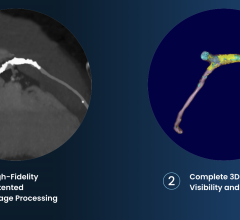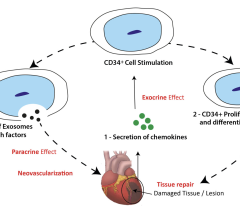
October 25, 2010 - A post-hoc-analysis from JUPITER, published in the European Heart Journal, shows rosuvastatin (Crestor) significantly reduced major cardiovascular (CV) events, compared to placebo in high risk patients. The risk reductions observed in this patient population were consistent with those seen in the primary JUPITER analysis.
This analysis is based on subgroup data from the landmark JUPITER study, which studied men and women with low to normal LDL-C cholesterol levels but at increased cardiovascular risk as identified by age and elevated hsCRP.
"This newly published analysis of the JUPITER study reinforces the importance of rosuvastatin as an appropriate treatment option to reduce the risk of major cardiovascular events in high-risk patients as defined by the Framingham and SCORE risk factor assessment tools," said Michael Cressman, executive director of clinical research for Crestor. "Clinical studies have previously shown that rosuvastatin was the most effective statin at lowering LDL-C, had a significant effect on raising HDL-C and taken together with this analysis of JUPITER data, provides physicians with important information to help effectively reduce CV risk."
This analysis was the basis for the April approval of Crestor in 19 European Union countries for the prevention of major CV events in patients at high risk of having a first cardiovascular event.
In JUPITER, rosuvastatin 20 mg was well tolerated in nearly 9,000 patients.
Crestor has received regulatory approval in more than 100 countries.
For more information: www.astrazeneca.com


 January 14, 2025
January 14, 2025 







